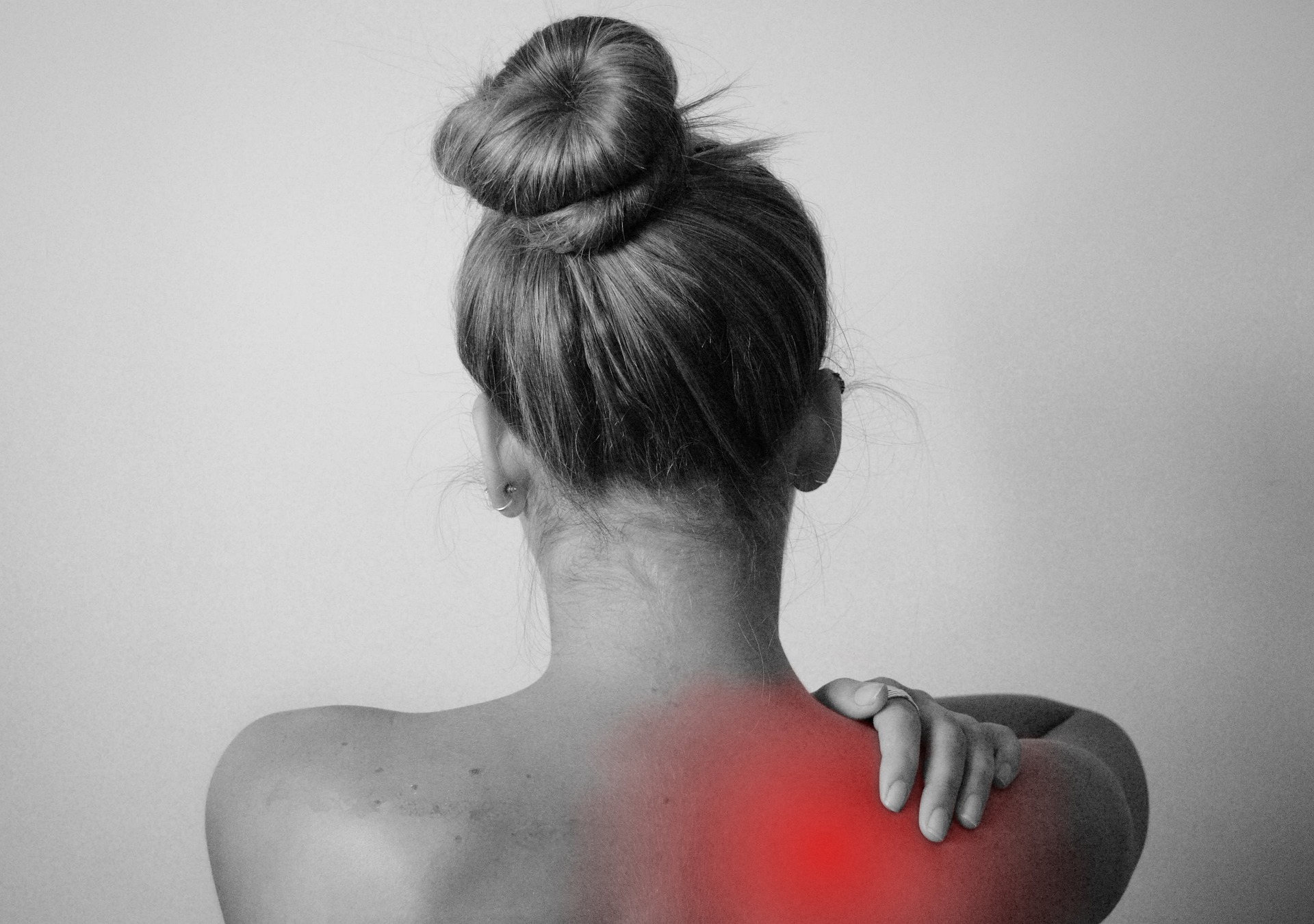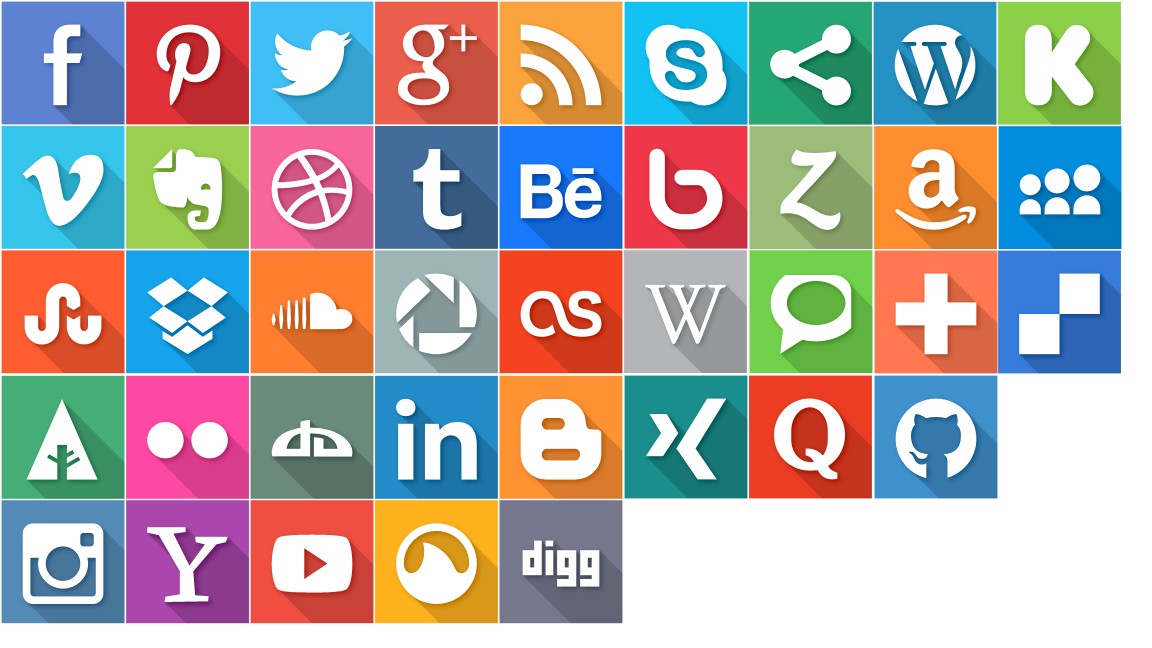Inflammatory back pain (IBP) can be cause be several different things and is almost always an indicator of something more. There is a difference between inflammatory back pain and mechanical back pain.
Mechanical Back Pain
If your back has been bothering you, you might blame your pain to a bad mattress, overdoing it at the gym, or throwing out your back while lifting something heavy. All of these are considered “mechanical” causes of back pain, which means that there’s been a disruption in the way the components of the back (the spine, muscle, intervertebral discs, and nerves) fit together and move. This is very different from inflammatory back pain because inflammatory back pain occurs from your immune system attacking the joints in your spine by mistake. Differences to look at when judging between IBP and mechanical are that IBP generally:
- Early onset, typically under 45 years old
- Chronic pain, meaning pain that lasts longer than 3 months
- Pain that occurs at night and/or early in the morning
- Pain that improves with movement and exercise
- Pain that improves after taking over-the-counter anti-inflammatories, such as Advil
- Pain that comes on slowly and is not obvious at first
Inflammatory Back Pain
Inflammatory back pain is a pain localized to the axial spine and sacroiliac joints and it is chronic and differentiated from mechanical back pain. Pain in inflammatory back pain is more often localized to the lumbar spine and may be associated with buttock pain that alternates from one side to another; though, it is patient characteristics, chronicity, and pain progression that sets inflammatory back pain apart from other causes. Some serious signs to consider when assessing if you have IBP or mechanical back pain is:
- Age over 50 years
- Progressive symptoms
- Thoracic pain
- Past history of cancer
- Weight loss
- Drug abuse
- Night pain
- Fever
- Night sweats
What it Can Indicate
IFB disease can indicate a number of related conditions such as, ankylosing spondylitis, psoriatic arthritis, reactive arthritis, and arthritis associated with inflammatory bowel disease.
Treatment
Inflammatory Back Pain
There is no singular treatment for IBP but symptoms can be managed through lifestyle changes, exercise, medication such as anti-inflammatories, and alternative treatments.
Mechanical Back Pain
Mechanical back pain can be relieved by taking it easy for a couple of days, hot-cold compress, and anti-inflammatories. In some serious cases, mechanical back pain may require surgery.
If you suspect you have inflammatory back pain contact us today with the link below to schedule an appointment with our doctors!

